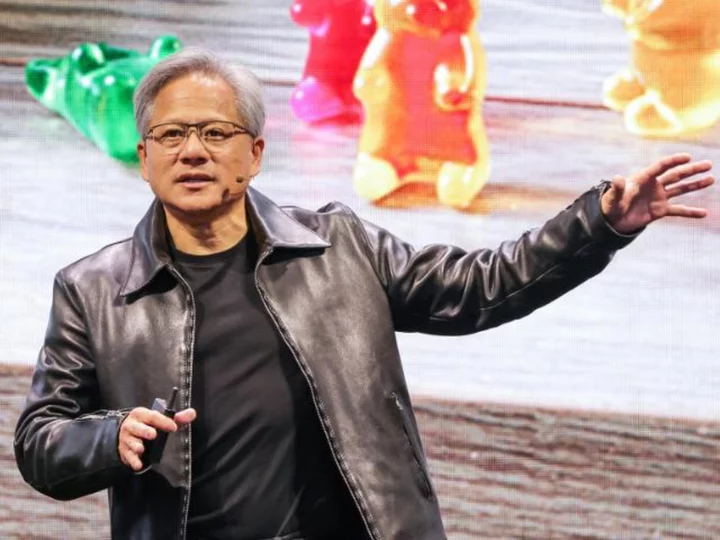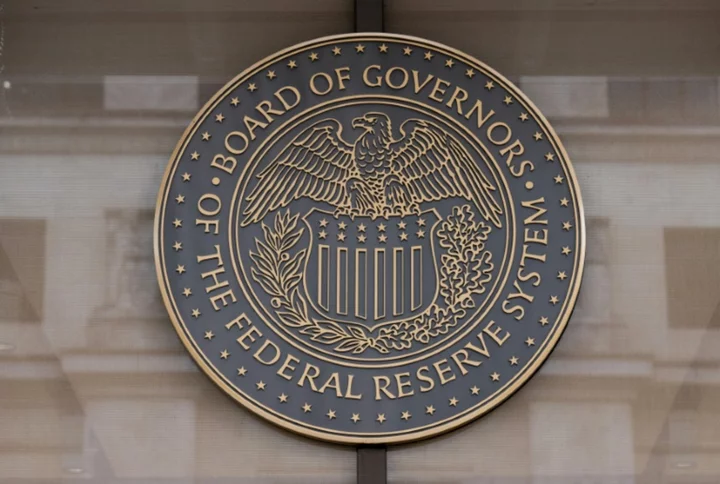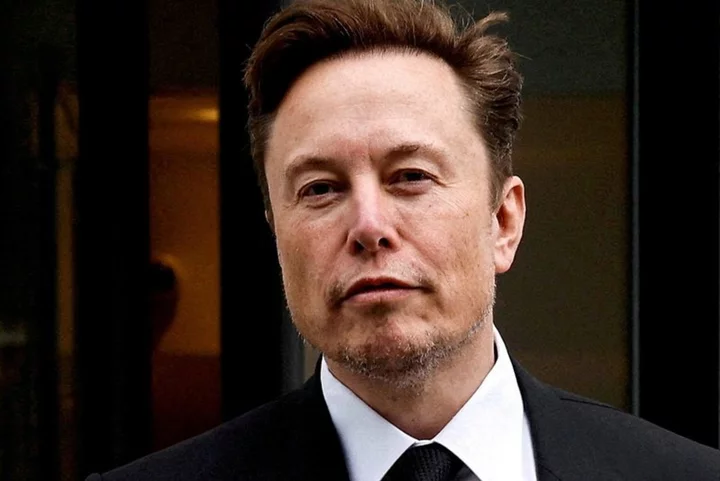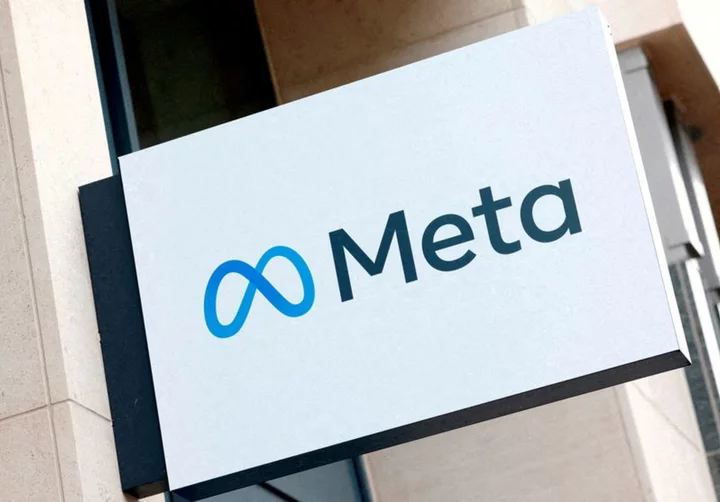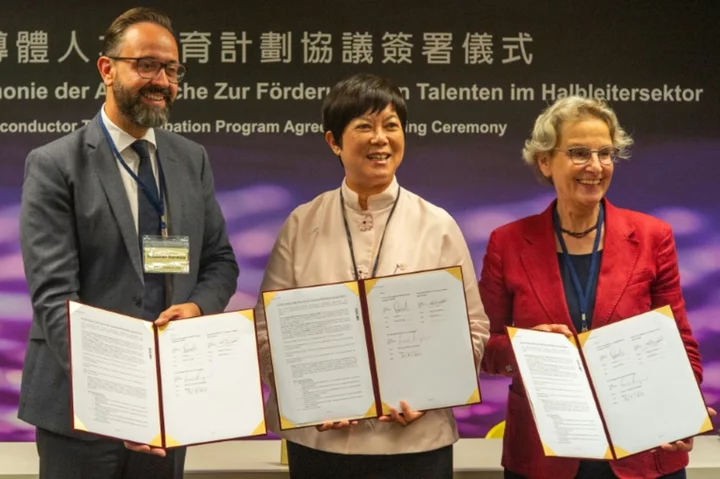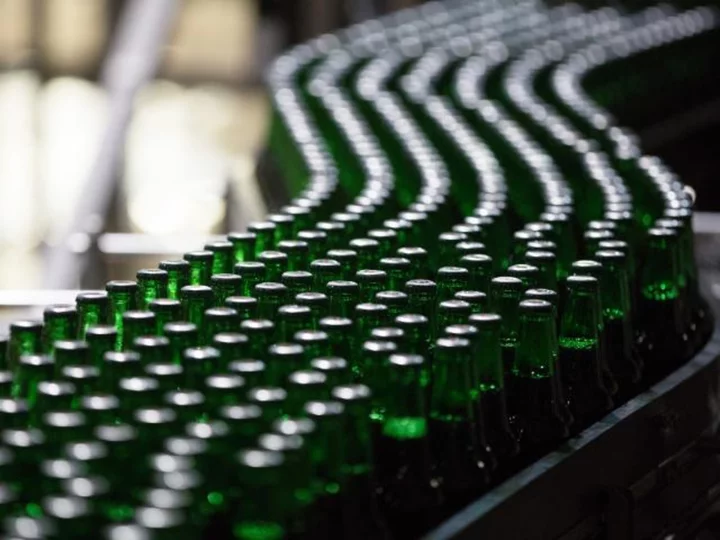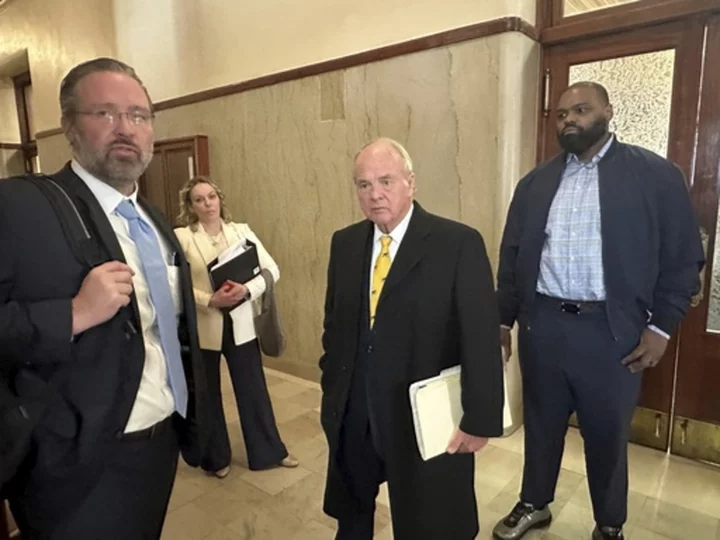WPP, the world's largest advertising agency, has teamed up with chipmaker Nvidia to create ads using generative artificial intelligence.
The companies announced the partnership Monday, with Nvidia CEO Jensen Huang unveiling WPP's new content engine during a demo at Computex Taipei.
"Generative AI is changing the world of marketing at incredible speed. This new technology will transform the way that brands create content for commercial use," WPP CEO Mark Read said in a statement.
The platform will enable WPP's creative teams to integrate content from organizations such as Adobe and Getty Images with generative AI to produce advertising campaigns "more efficiently and at scale," according to WPP. This would enable companies to make large volumes of advertising content, such as images or videos, "more tailored and immersive," the company added.
In the demo screened by Huang, WPP had created realistic footage of a car driving through a desert.
The new AI-powered content engine means that same car could be placed on a street in London or pictured in Rio de Janeiro to target the Brazilian market — all without the need for costly on location production.
Just as advertising campaigns can be rapidly adapted for different countries or cities, they can also be customized for different digital channels, such as Facebook or TikTok, and their users.
"You can build very finely tuned campaigns to resonate with an audience... On the other hand, you could make up imaginary scenarios that never existed in real life," Greg Estes, vice president of developer programs at Nvidia told CNN.
The platform is the latest example of how AI is being rapidly deployed by major companies to enhance productivity and deliver new products to customers. Many in the advertising and media industries are concerned about threats to their jobs because of the way that AI is able to aggregate information and create visual content indistinguishable from photography.
WPP said its new platform "outperforms current methods" of having people "manually create hundreds of thousands of pieces of content using disparate data coming from disconnected tools and systems." In other words, the new technology could mean that much smaller creative teams are ultimately able to do the same amount of work.
"It's much easier to identify the jobs that AI will disrupt than it is to identify the jobs that AI will create," Read told the Financial Times Monday. "We've applied AI a lot to our media business, but very little to the creative parts of our business."
Nvidia's Huang said: "The world's industries, including the $700 billion digital advertising industry, are racing to realize the benefits of AI," adding that WPP would now enable brands to "deploy product experiences and compelling content at a level of realism and scale never possible before."

